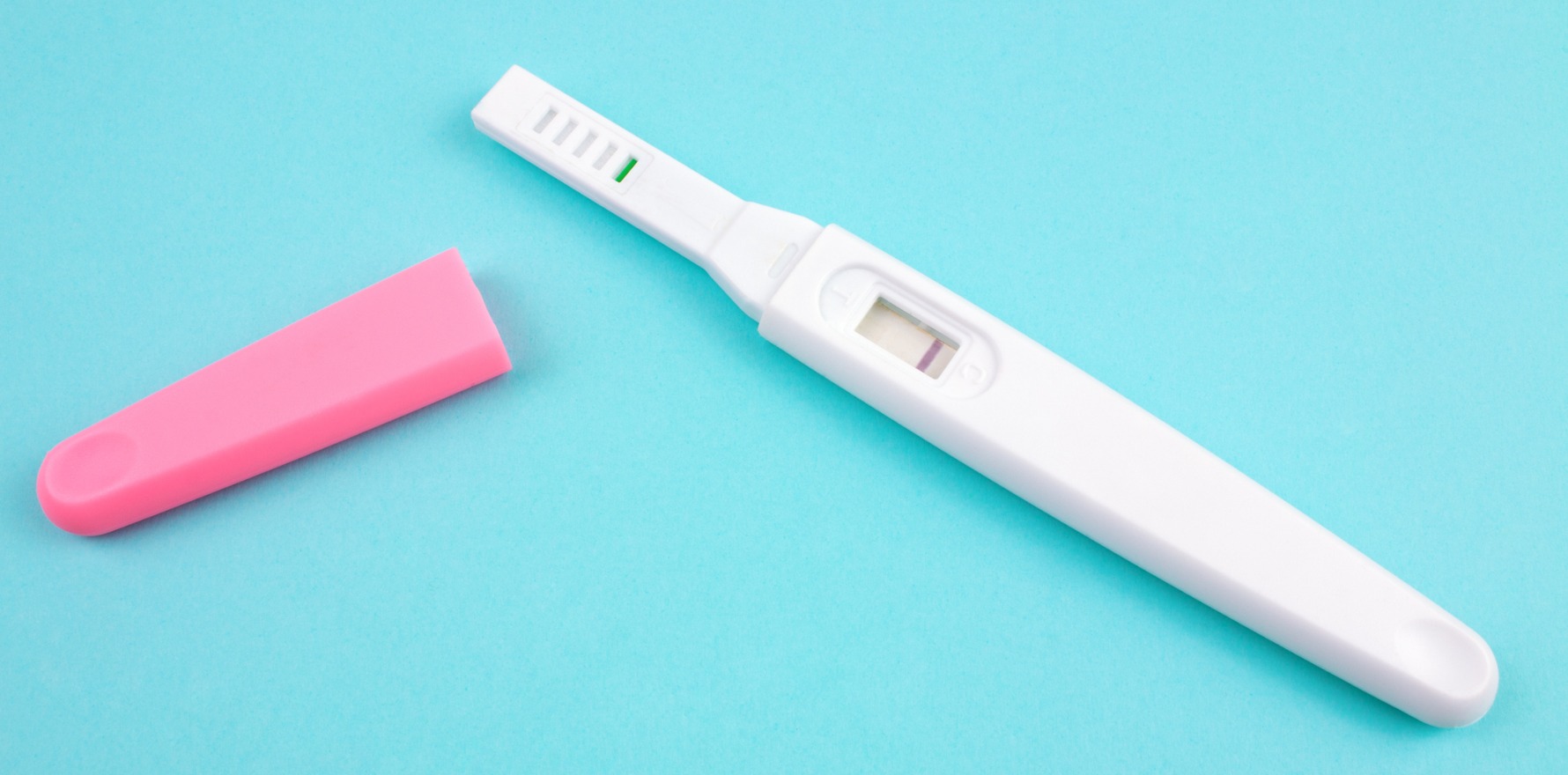Women with psoriasis are less likely to conceive and have a higher risk of pregnancy loss, research suggests.
Psoriasis may affect the odds of conceiving and increase the risk of adverse pregnancy outcomes, a new study suggests.
Experts told Allergy & Respiratory Republic the study indicates that women hoping to conceive need specialist antenatal care and to watch for other factors known to reduce fertility.
The UK researchers analysed data from more than 13,000 pregnancies in women aged 15 to 44 with psoriasis and compared them with more than 52,000 matched comparators without psoriasis.
They found that women with moderate to severe psoriasis were almost 20% less likely to have a pregnancy ending in a live birth compared with their peers without psoriasis, after adjusting for confounding factors (aOR=0.82; 95%CI 0.70-0.97, p=0.02).
Overall, women with psoriasis had a 6% higher risk of pregnancy loss, and almost all of those losses occurred in the first trimester.
While women with psoriasis had higher rates of fertility compared with controls (rate ratio [RR]=1.3; 95% CI, 1.27-1.33), when stratified on disease severity researchers found that women with moderate to severe psoriasis had a lower fertility rate (RR=0.75; 95% CI, 0.69-0.83) compared to healthy controls.
There were no statistically significant differences in the risks of stillbirth and preterm birth between patients with moderate to severe psoriasis and matched peers after adjusting for demographics, lifestyle factors, socioeconomic status and comorbidities.
The researchers also said there were no statistically significant differences in the risks of antenatal haemorrhage, preeclampsia, gestational hypertension, gestational diabetes and caesarean delivery between the two groups.
“To avoid miscarriage and its adverse consequences, further studies should evaluate the effects of better management of psoriasis and close monitoring during pregnancy on pregnancy loss,” the researchers wrote in JAMA Dermatology.
“In particular, patients with psoriasis were more likely to have comorbidities that may be related to poor pregnancy outcomes, and hence increased emphasis of managing comorbidities as part of the routine management plan is also warranted.”
Commenting on the study, Canberra-based dermatologist Dr Diana Rubel said possible causes for the link were proinflammatory cytokines and the impact on endothelial cells leading to systemic and placental vasculopathy, which she said was a pathway common to other inflammatory and autoimmune diseases.
“The social stigmatisation of a chronic, visually disruptive condition, comorbidities, and need to avoid pregnancy whilst on certain medications such as methotrexate may also contribute to reduced fertility rates,” she told Dermatology Republic.
“This is something that we might need to consider reminding our younger female patients. Also, dermatologists should be mindful of addressing comorbidities such as smoking, metabolic syndrome, hypertension and alcohol consumption.”
Dr Rubel said more studies were needed, particularly where early intervention in psoriatic disease might improve fertility and pregnancy outcomes.
Clinical Associate Professor Kurt Gebauer said previous research had shown that severe psoriasis was associated with cancer, arthritis, hypertension, heart disease and adverse pregnancy outcomes.
“Chronic inflammation will make you less fertile,” said Professor Gebauer, a Perth-based dermatologist.
Professor Gebauer said fetal outcomes could also be lower in women with severe psoriasis, particularly if patients were untreated: “People who are effectively treated will do better.”
Professor Gebauer said when seeing a new female patient, he would usually raise the issue of family planning in the first couple of consultations.
“When you’re dealing with a younger woman with chronic disease, the discussion needs to be had at some stage and I usually raise it at the first appointment, but certainly by the second appointment.
“How you approach that depends very much on the culture of the person. What’s your domestic situation? Are you planning to have a baby at some stage in the future?
“If we’re picking a medication pathway and someone’s planning to get pregnant in the next year or two, giving them methotrexate is probably not the best approach.
“Sometimes you’ll have patients who will say, well actually we’re really keen on having a baby any day now, and we’re living dangerously. Therefore, we might use cyclosporine under those circumstances, because it’s a lot safer.”
Professor Gebauer said a patient’s psoriasis could often improve during pregnancy because being pregnant was immunosuppressant.
“But they can flare very badly, very quickly after delivery,” he said.
“It’s not that rare where they deliver and within a week or two their psoriasis comes screaming back.”
Professor Gebauer said he would counsel patients to resume their medication within three days of delivery.
“That runs into another discussion about breastfeeding. If they’re on a biologic, that’s not a problem because it doesn’t go through breast milk, but if you’re putting them on systemic therapy, then there’s always a question oof whether some of it’s going to end up in the baby.”
Professor Gebauer said when women with severe psoriasis on systemic therapies became pregnant, he would always recommend public or private specialist obstetrics care and would write to their obstetrician.
Pre-pregnancy counselling can also be helpful for women with severe psoriasis, particularly for women who have had previous pregnancy losses, he said.
Professor Gebauer said patients who wanted a baby were willing to take the risk of potential adverse outcomes.
“If you want to have a baby, you’re going to have a baby anyway, and if there’s a slight risk that things are going to go wrong or you need to end up in hospital, people say ‘I’ll take that risk’.”


